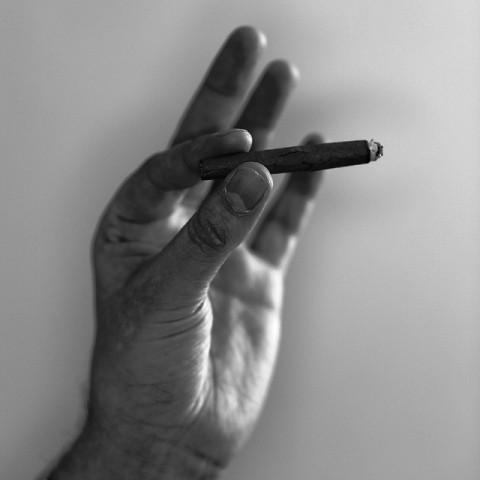Smoking Cannabis Causes Short-term Paranoia: Study

Pot smokers may suffer mild paranoia, according to a study.
Cannabis users get high due to stimulation of brain regions related to reward anticipation and pleasure. Experts at the Oxford University found once the euphoric sensation subsides, people experience negative feelings like anxiety, low-self esteem and worries leading to paranoia.
Their study examined 121 participants aged between 21 and 50. One-third of these individuals were injected with the psychoactive ingredient THC or tetrahydrocannabinol and the rest received a placebo drug in doses that were equal to smoking one complete joint.
The subjects also underwent tests that involved real-life situations that can trigger suspicions, virtual reality simulation and interviews to note if drug intake induced short-term paranoia.
All participants reported experiencing paranoia in their daily life situations within the past month even though they did not suffer from any mental distress and illnesses. The effects of THC like drastic change in mood, heightened perception of sound, color and time, and poor memory lasted for about 90 minutes. Almost half of the participants who took THC and 30 of those on placebo drug reportedly had these negative feelings and paranoia.
Multiple reasons prompt feeling of low-self worth, mistrust and fearing harm from others. The study holds prolonged use of marijuana and memory loss exemplifies these negative feelings resulting in increase in paranoia.
"The study provides a great deal more information about the immediate effects of cannabis, but it did not investigate clinically severe disorder. The results don't necessarily have any implications for policing, the criminal justice system, or legislation. It tells us about the little discussed paranoid-type fears that run through the minds of so many people from time to time. The implication is that reducing time spent ruminating, being more confident in ourselves, and not catastrophizing when unusual perceptual disturbances occur will in all likelihood lessen paranoia," said Daniel Freeman, study author and professor at the Department of Psychiatry in Oxford University in a news release.
The research was funded by the Medical Research Council.
Jul 19, 2014 04:26 AM EDT




